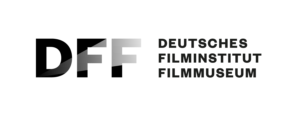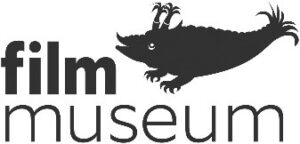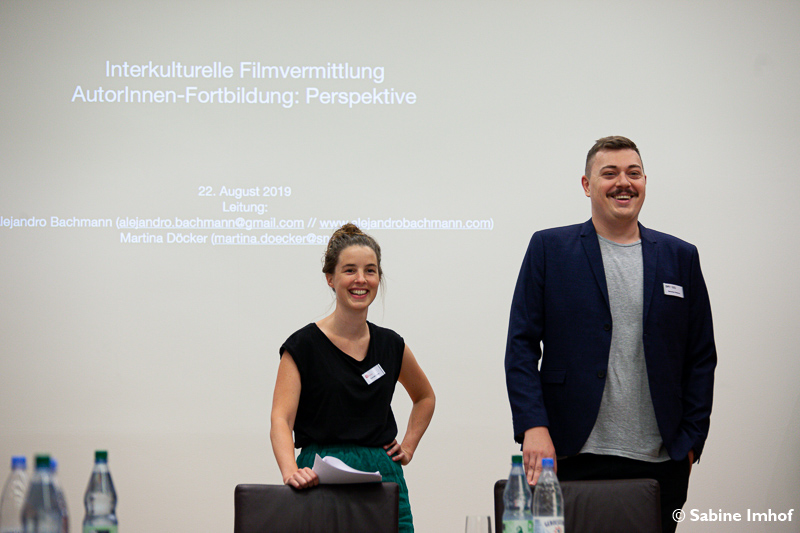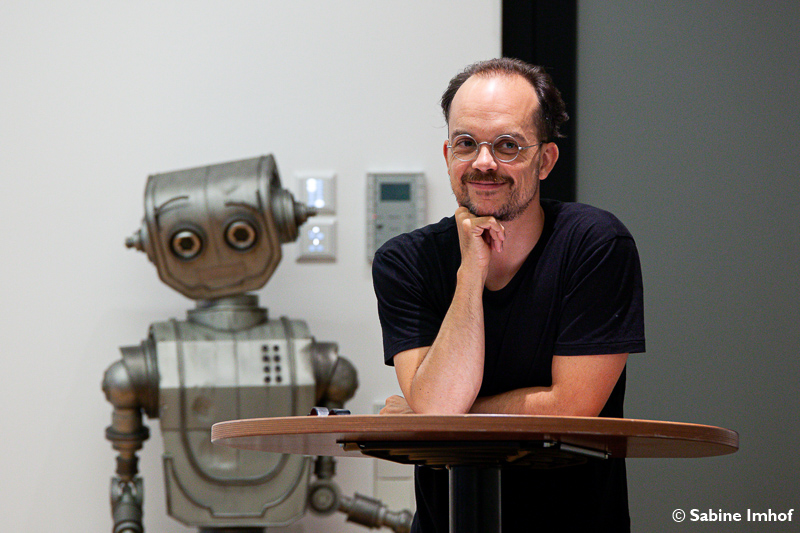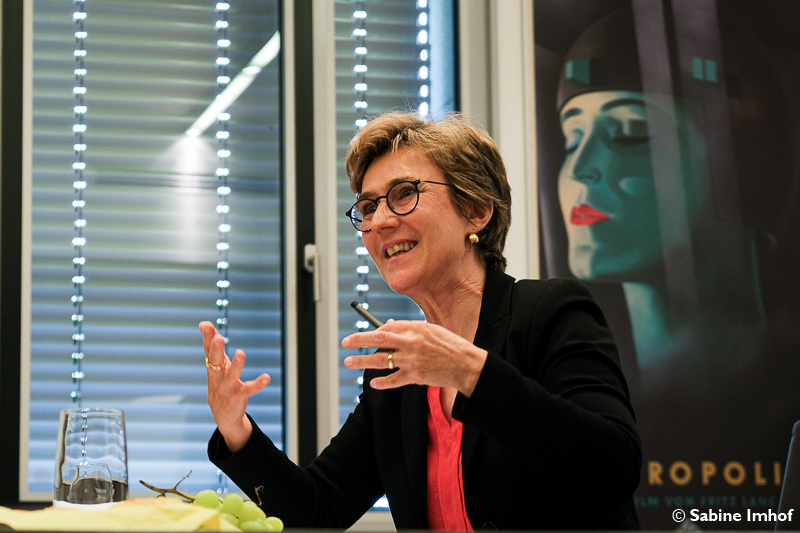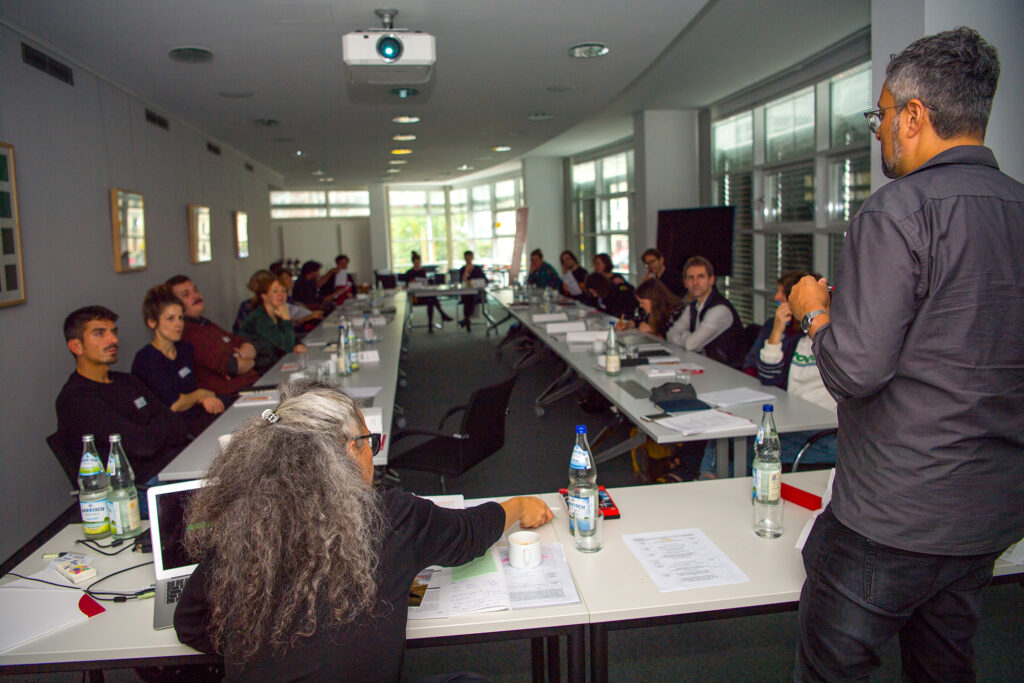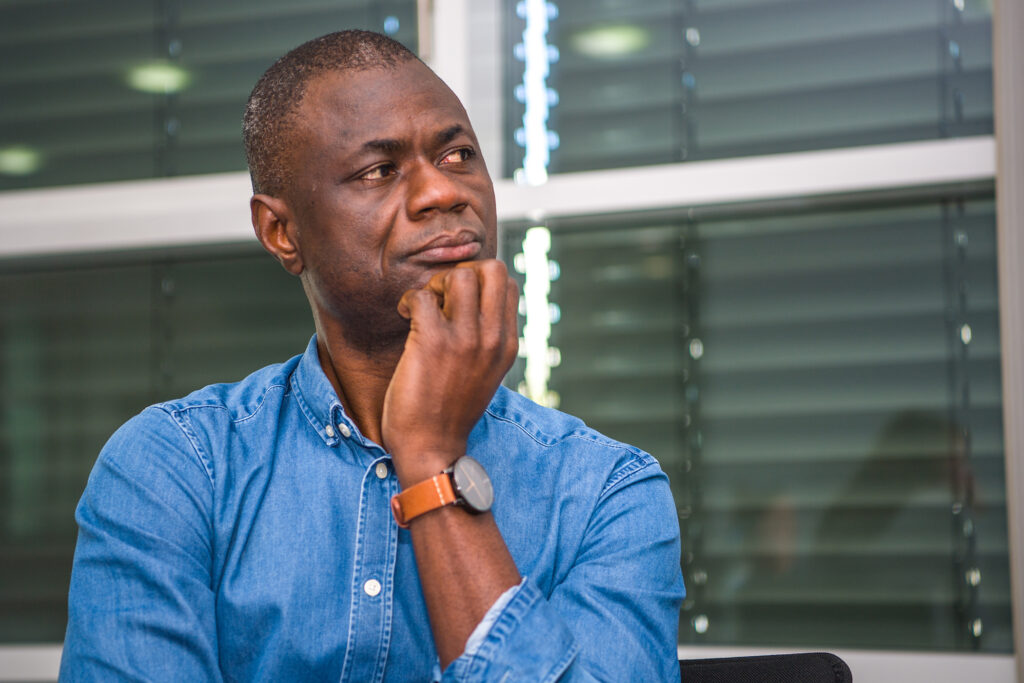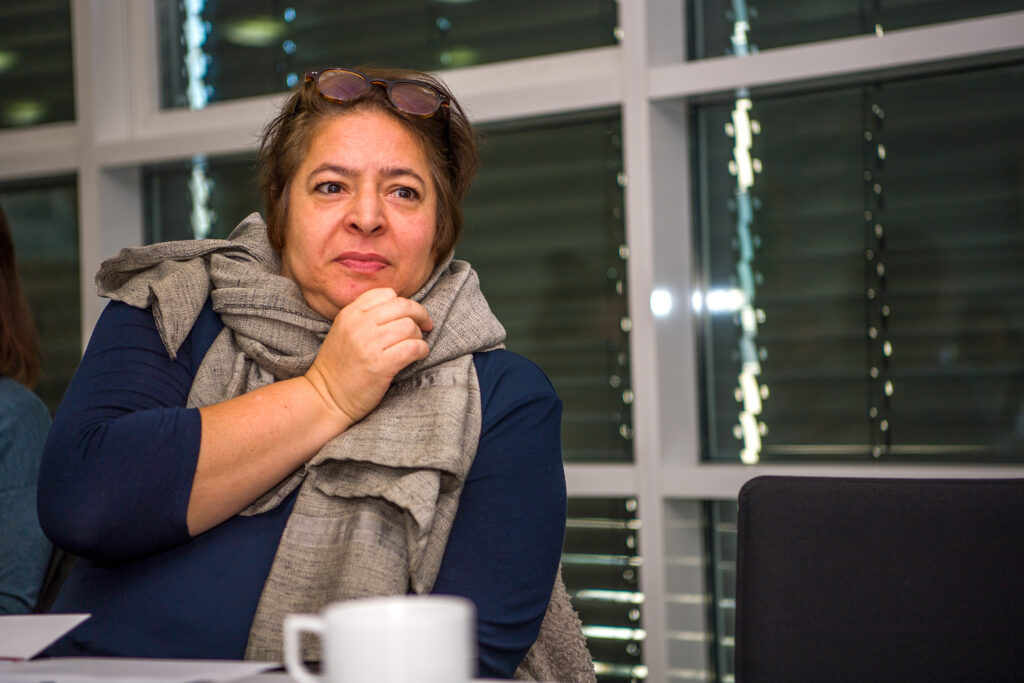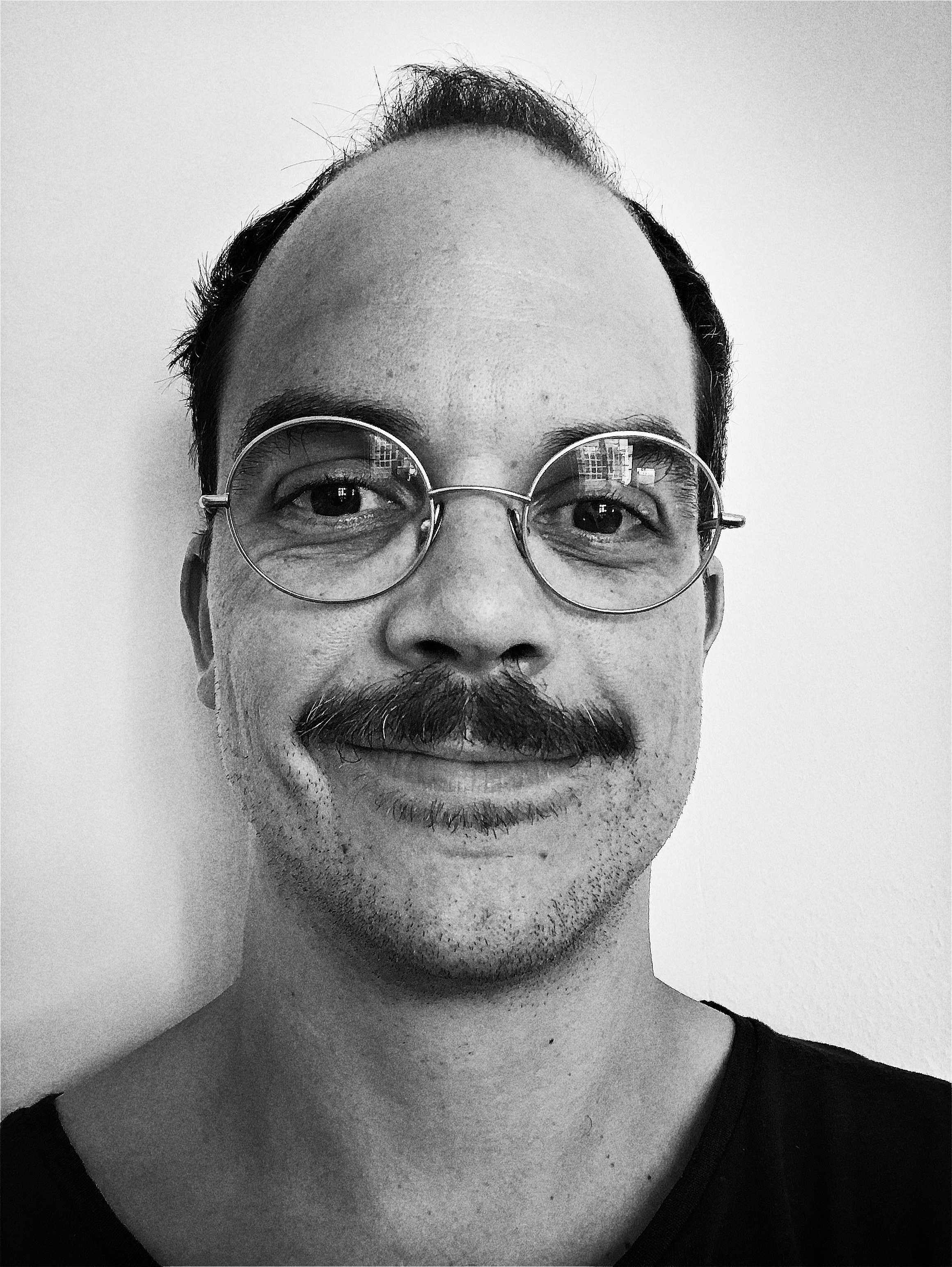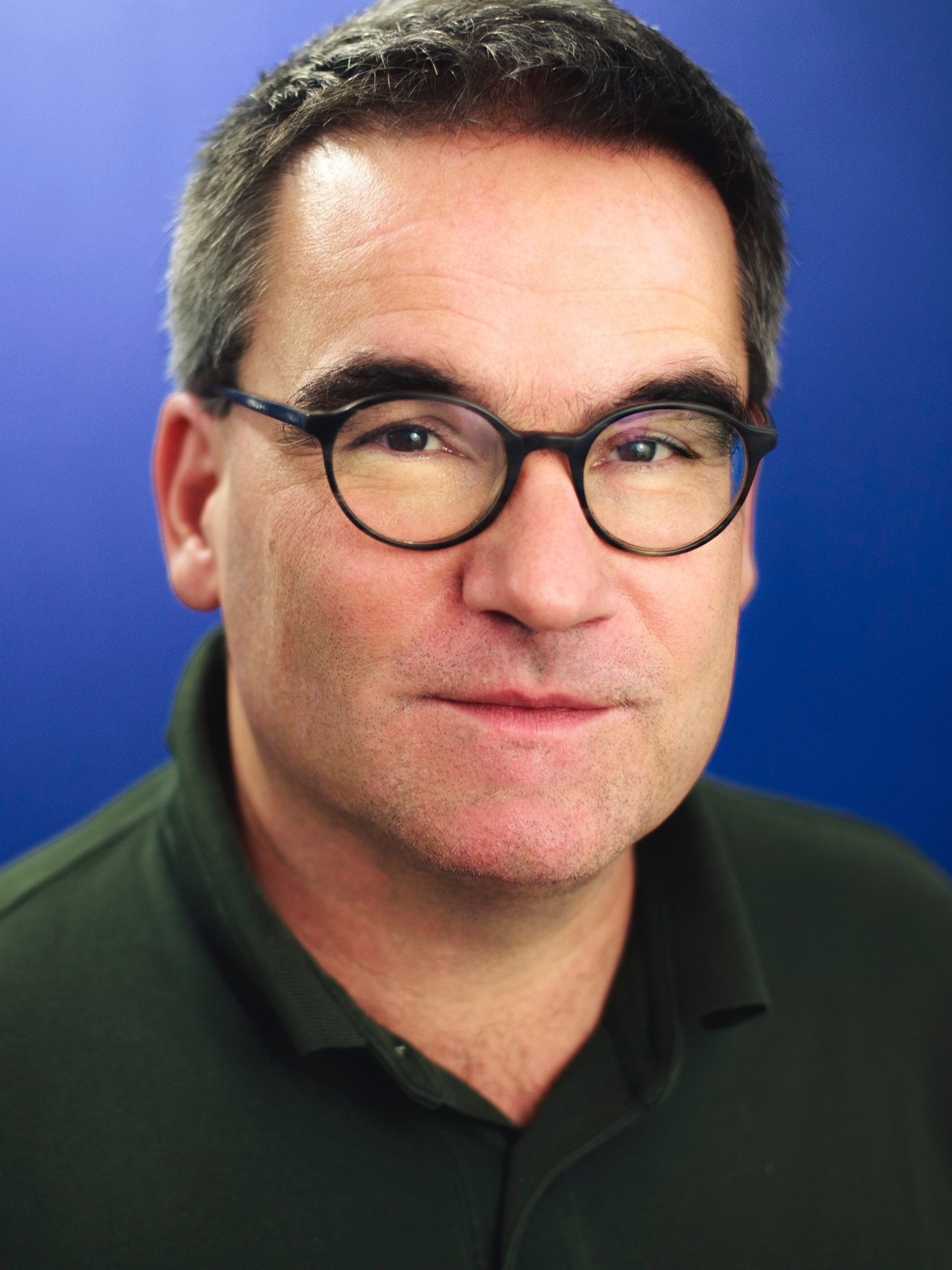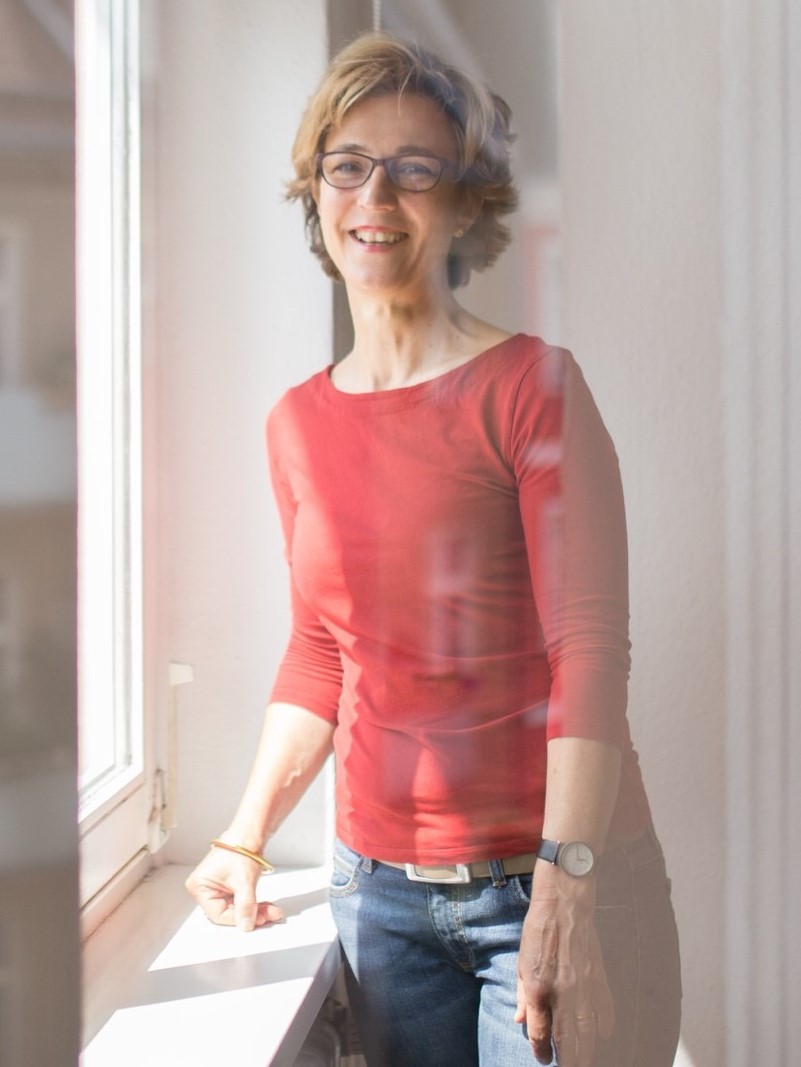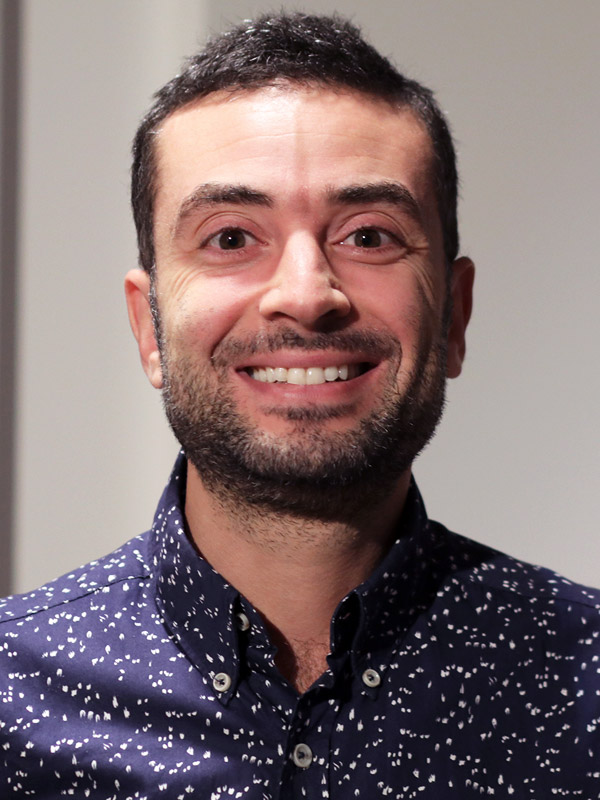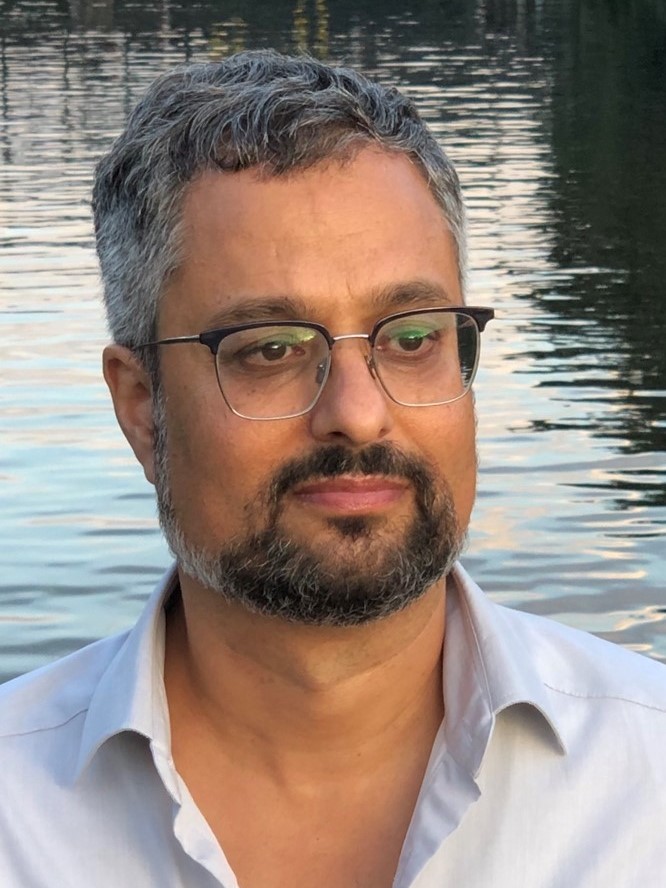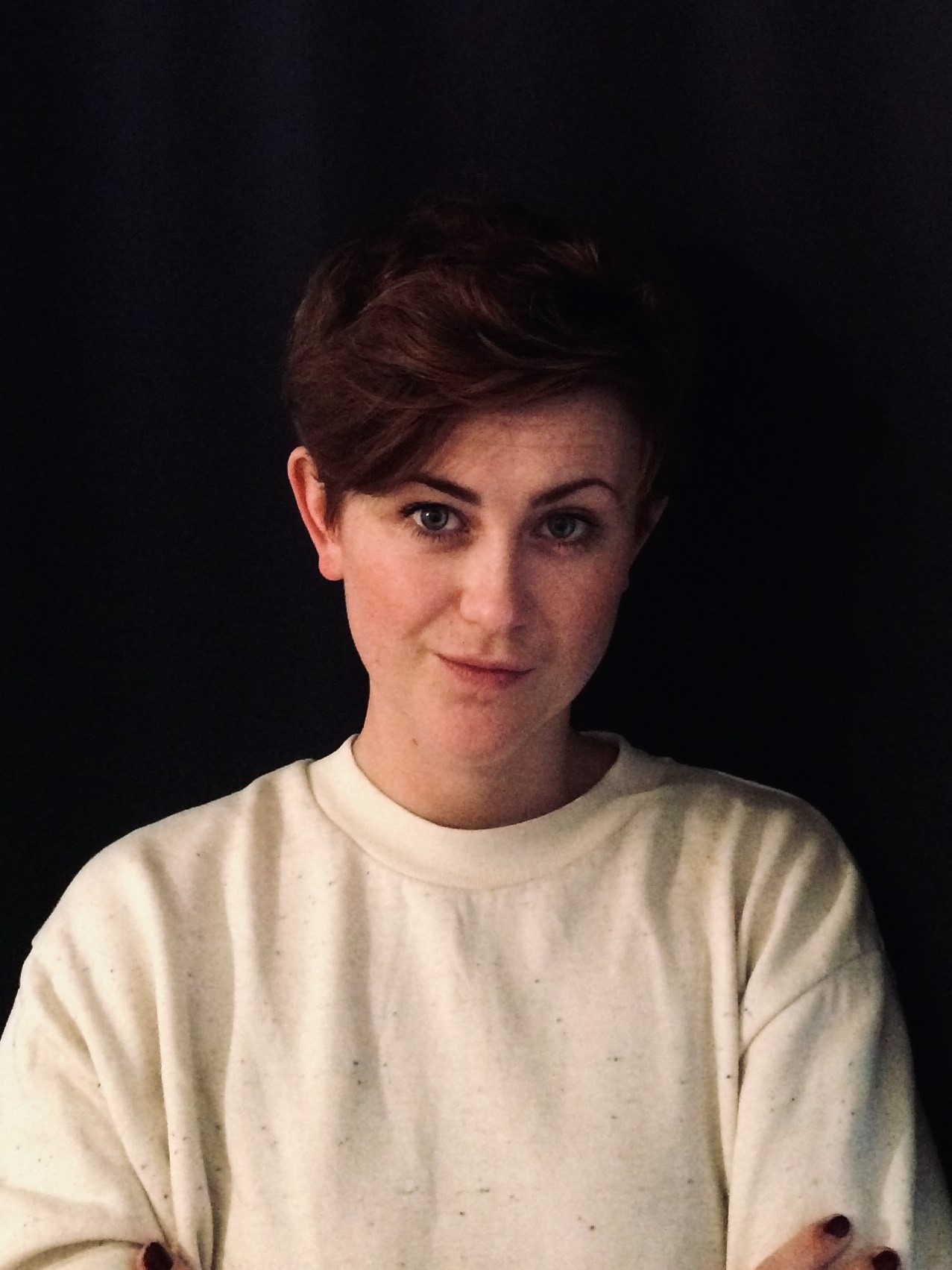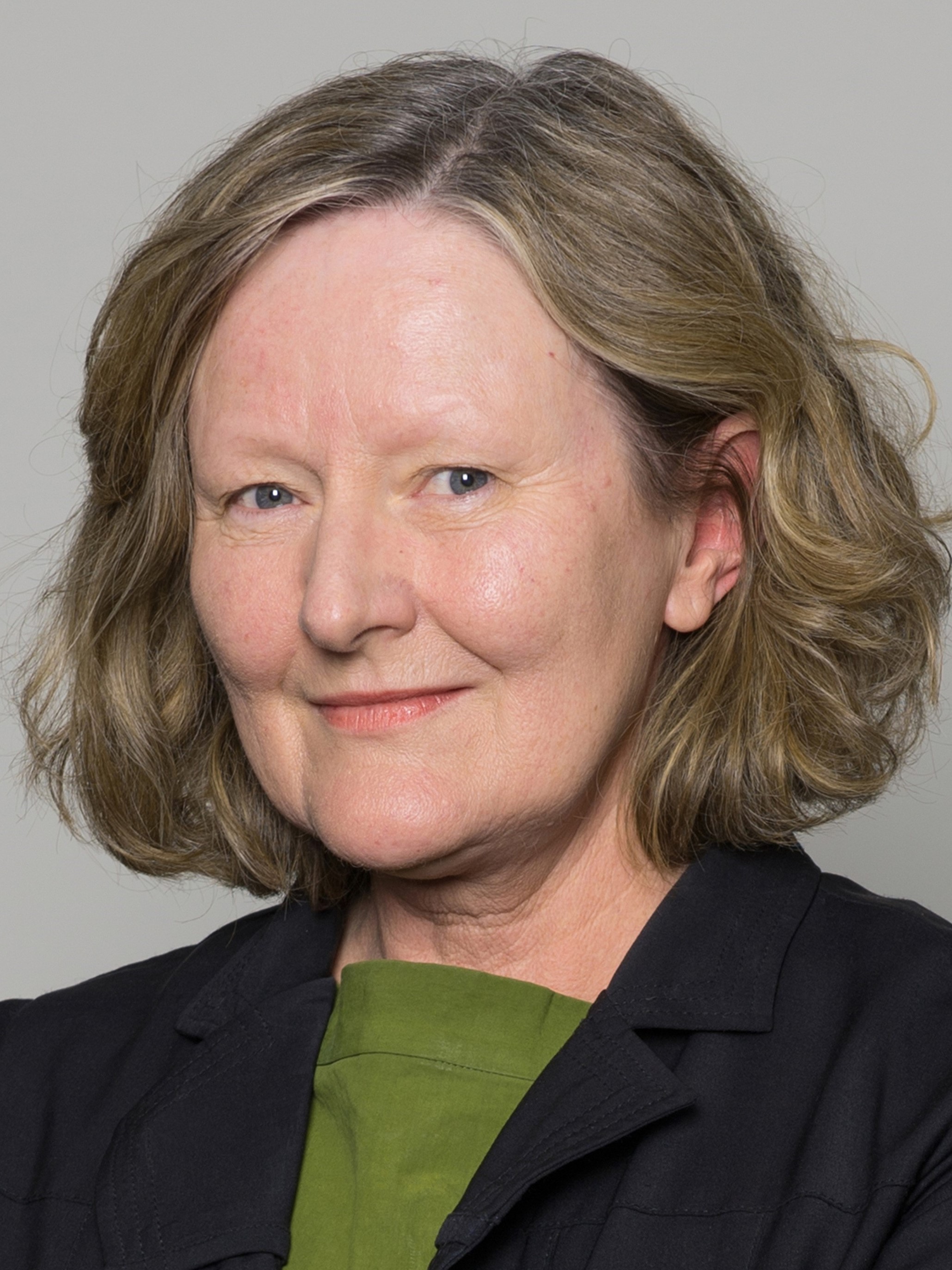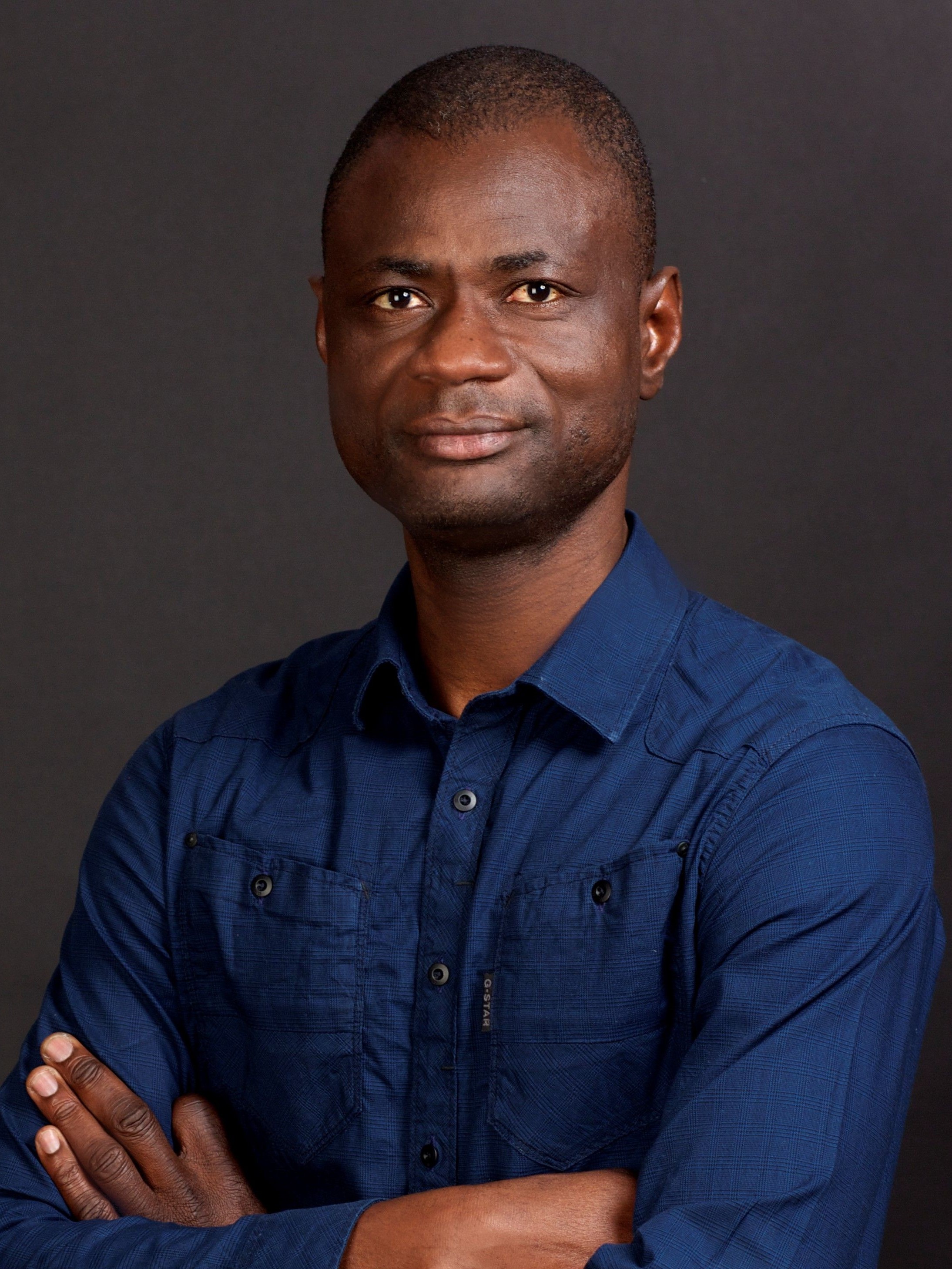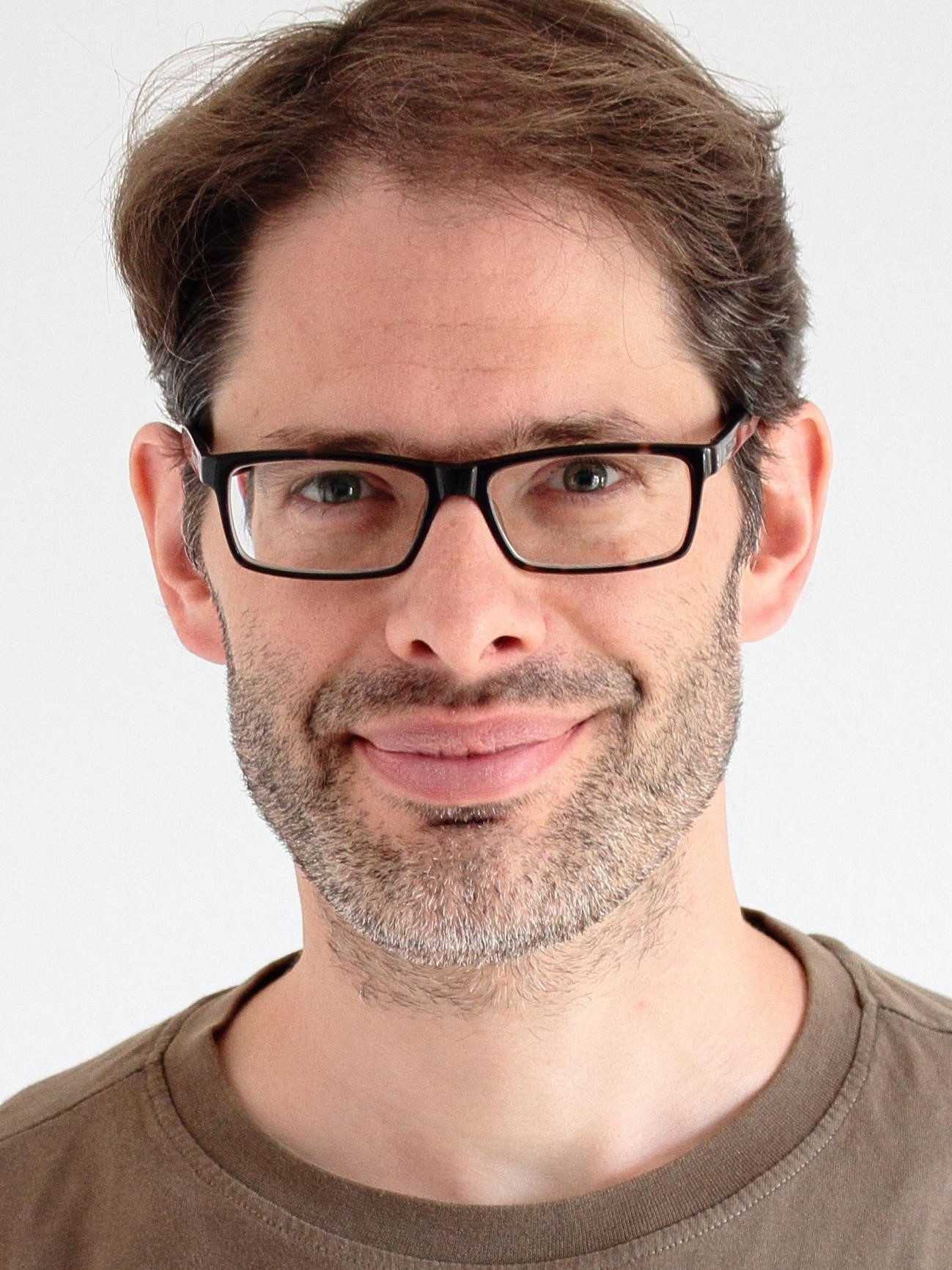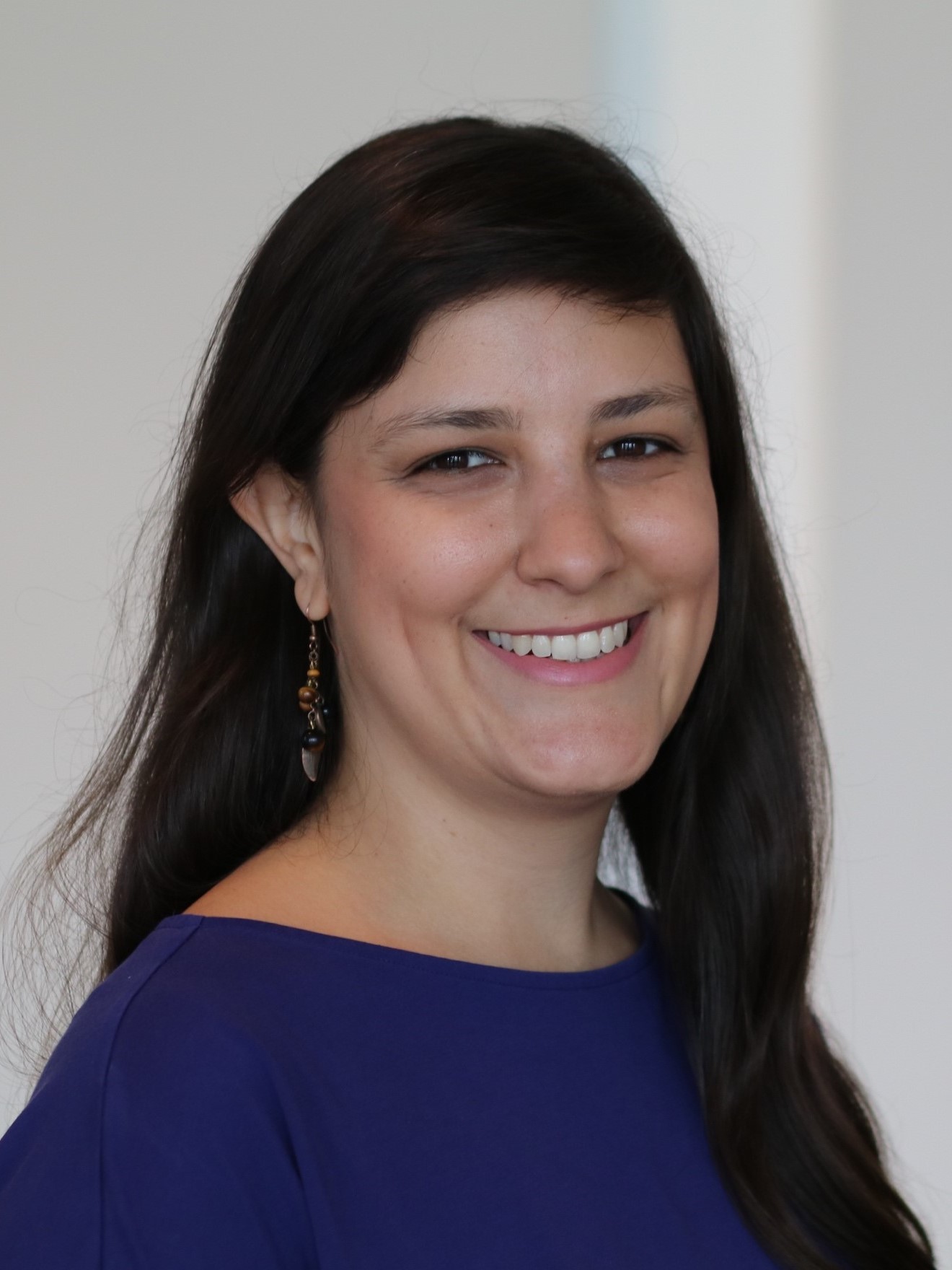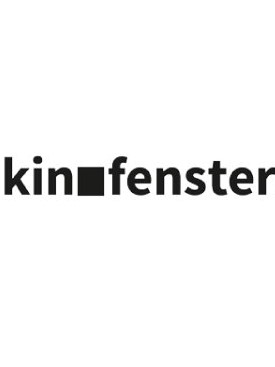
The Project
The Federal Agency for Civic Education, the DFF, VISION KINO and the Austrian Film Museum have joined forces to integrate cultural diversity into film education activities in Germany and Austria. This strategic alliance of experienced partners in film education aims to promote an intercultural approach and encourage self-critical reflection within the institutions. The collaboration was inspired by the 2016 conference “Film, Flight and Interculture” organized by the Bundeszentrale für politische Bildung and the DFF. It was further developed during the kick-off workshop in November 2017 in Berlin, in partnership with VISION KINO and the Austrian Film Museum, and with the involvement of additional stakeholders. The result is a comprehensive concept that includes theoretical foundations, recommendations for action, and tailored training programs.
Since August 2019, six further training events for film education facilitators and authors have taken place in Frankfurt, Berlin, Münster and Vienna. These trainings, led by different teams, have tested and adapted the project concept from different perspectives. The project group shares these unique training concepts here to emphasize its openness and diversity. The project isn’t intended to be a one-size-fits-all solution, but rather to stimulate thought processes and encourage personal film choices. In addition, “Critical Friends” and other participants have provided diverse film lists throughout the project, contributing to an intercultural perspective beyond institutional viewpoints.
In 2021, training sessions for teachers were held across Germany, often as part of the “SchulKinoWochen” (School Cinema Weeks). In an initial transfer workshop, educators, scholars, and film educators explored how the project’s insights could be integrated into school settings, fostering a culture of ongoing openness in participating organizations. For instance, the German Film Institute (DFF) is actively engaged in the “360°” program of the Federal Cultural Foundation and has established an internal Diversity Working Group. The Intercultural Film Education project’s goal is not to impose dominant knowledge but to stimulate diverse perspectives, encouraging self-reflection in film education practices. The project group hopes to inspire other film education stakeholders to adapt to the evolving societal landscape in Germany and Austria.
2021 wurden Fortbildungen für Lehrerinnen und Lehrer in ganz Deutschland angeboten, die etwa im Rahmen der bundesweiten SchulKinoWochen stattfanden. In einer vorgelagerten Transfer-Werkstatt hatten Lehrende, Wissenschaftler:innen und Filmvermittler:innen diskutiert, wie sich die Erfahrungen des Projekts auf schulische Vermittlungszusammenhänge übertragen lassen.
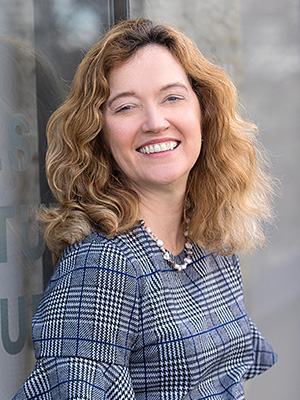
We live in a world that is more interconnected and interdependent than ever before, and we hope that the voices of division and nationalism that are still too loud today will soon fall silent. Intercultural education has an important role to play in this process of transition, especially in a world increasingly dominated by images and digital communication tools. Film education offers an important and easily accessible way to engage with societal change, especially in the context of the increasingly prevalent issues of migration and integration in Germany and Austria.
We and our partners have been privileged to pioneer and develop innovative concepts of how film education can be delivered in the face of societal realities. It is essential to keep an eye on the social realities and cultural contexts of our society and to ensure that our work evolves with them. Our staff is always eager to explore new avenues and bring innovative ideas to the table, whether in the development of educational materials, the design and implementation of training programs, or the curation of film programs.
Tolerance, pluralism and peace are the guiding principles of this project. For the DFF – Deutsches Filminstitut & Filmmuseum, the process of opening our institution to a diverse audience is an important goal, and the values represented in the “Intercultural Film Education” project are part of our identity and daily work. Located in one of the most diverse cities in Germany, Frankfurt am Main, our museum and its educational programs serve a city in which a significant proportion of schoolchildren have an immigrant background. It is therefore a central goal for us to share our interest in and love of cinema with the younger generation, always in close connection with the responsibility to be culturally open and respectful.
We are very grateful to the Federal Agency for Civic Education for making this project possible, and we thank them and our partner institutions, Vision Kino and the Austrian Film Museum, for the wonderful collaboration. We hope that the online materials will be widely disseminated and that their approach will serve as an inspiration to film educators, multipliers, authors, teachers and all those involved in educational institutions in this important work.
Ellen Harrington – Director DFF – Deutsches Filminstitut & Filmmuseum
Approaches to Advanced Training
In the implementation of the project’s training, it was important to involve as many speakers as possible with their own perspectives and experiences in different learning and teaching contexts in the testing of the concept. Based on Alejandro Bachmann’s training matrix, different teams from different educational contexts developed independent training concepts with freely chosen focuses and methods, which can all be found on this page.
Concepts by Martina Döcker and Alejandro Bachmann
Concepts by Laura C. Zimmermann and Stefan Stiletto
Concepts by Dr. Martin Ganguly and Aurora Rodonò
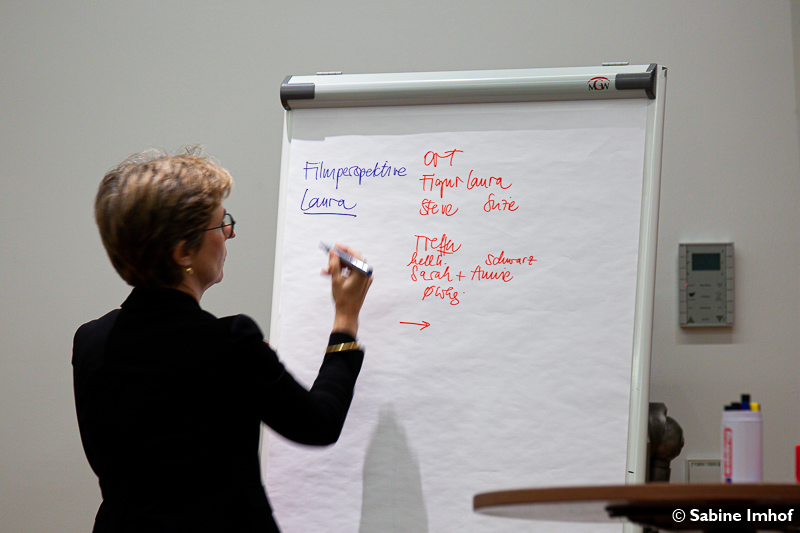
Film Lists
The central concept of the project “Intercultural Film Education” is the adoption of an intercultural perspective. However, this process is highly individual, different from person to person and based on different experiences. Representing such an individual, even personal perspective is not always possible for large film education institutions such as the collaborating partners of the project. That’s why the project group approached the training facilitators, the Critical Friends involved in the project and personalities from the German-speaking film education and festival scene and asked them to create a personal film list that would answer the question: “Which films should we watch in Germany, a country of immigration?
The result is a list that is free from institutional constraints, that reflects the personal expertise, knowledge and taste of its authors, and that offers thirteen different perspectives on the question of intercultural film education.
Further Reading
The starting point for the project “Intercultural Film Education” was the project concept, written by Alejandro Bachmann in collaboration with the partner institutions, which defined the theoretical foundations, the approach and the initial recommendations for the project.
In order to meet our own demands for diversity and multi-perspectivity, additional texts were gradually developed on the basis of the concept, each of which offers completely new and unique perspectives on interculturality and film education, strongly influenced by the personal expertise of the authors.
These texts can be found here.
A Decade in Motion in Contemporary Arab Cinema
Rabih El-Khoury provides an overview of contemporary Arab cinema, with a special focus on the conditions of production and reception in the Arabic-speaking region and the negative and positive impact of the Arab Spring on Arab cinema and its protagonists.
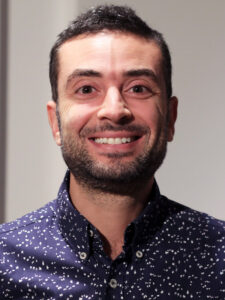
Suggestions for Practical Exercises
Martina Döcker complements the pattern training outlined in the project concept with suggestions for various teaching methods and active movement units, all of which can be categorized under the overarching theme of encounter.
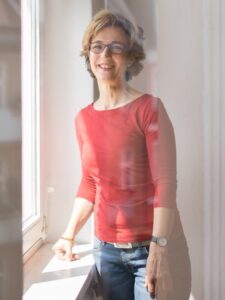
Research Report from the University of Cologne
The multi-stage, process-oriented project was scientifically accompanied by the Chair of Aesthetic Education at the University of Cologne using the approach of action research.
Credits
Intercultural Film Education is a project by
Bundeszentrale für politische Bildung/bpb
DFF – Deutsches Filminstitut & Filmmuseum e.V.
Österreichisches Filmmuseum
Vision Kino gGmbH Netzwerk für Film- und Medienkompetenz
Development and coordination
Katrin Willmann (bpb), Christine Kopf (DFF), Stefan Huber (ÖFM), Michael Jahn (VISION KINO), Elena Solte (VISION KINO)
Thank you to the participants of the conference “Film, Flight, and Interculture: International Conference and Future Workshop,” which was jointly organized by DFF and bpb in 2016. It served as the catalyst for this working group.
Also, thanks to the participants of the concept workshop at the Federal Agency for Civic Education (November 2017).
Project management
Sebastian Rosenow, Miriam Reichert
Support
Karl-Leontin Beger, Sarah Hoffmann, Sarah Hujer, Cornelia Jonas, Antje Knapp, Clara Nigratschka
Critical Friends
Aida Ben Achour, Irit Neidhardt, Can Mileva Rastovic, Aurora Rodonò, Alex Moussa Sawadogo
Educational Consultant
Christl Reissenberger
Scientific support and evaluation
Prof. Dr. Manuel Zahn, Katja Lell (University of Cologne)
Trainers of the training sessions
Martina Döcker, Dr. Martin Ganguly, Aurora Rodonò, Stefan Stiletto, Laura Caterina Zimmermann
Thank you to all the participants in the training sessions who, with their dedicated involvement, have provided valuable insights for the further development of the concept.
Authors
Alejandro Bachmann, Bernd Buder, Martina Döcker, Rabih El-Khoury, Dr. Martin Ganguly, Melika Gothe, Maryanne Redpath, Aurora Rodonò, Alex Moussa Sawadogo, Stefan Stiletto, Laura Teixeira, Laura Caterina Zimmermann

